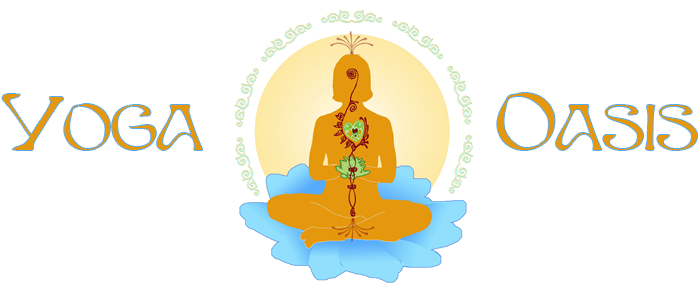Last newsletter, I embarked on exploring the first of 5 guidelines to Consistent Meditation ~ Starting. If you missed the short synopsis on how I started meditation, when it was far from a ubiquitous household word, click here…
The Start is obviously, Essential… but knowing the why, and keeping the why alive (knowing it will likely change over time) is essential to Meditating daily, which takes us to the next relevant guideline of ‘Staying the Course’ of Meditation: # 2 = Keep the Why Alive.
Meditation is ubiquitous enough these days, so exposure is not the issue. Neither is access to understand the benefits; published scientific articles continue to reveal a wide range of evidence-based benefits; proof is mainstream. When I Googled ‘benefits of meditation’, up popped 61,400,000 results (in 0.45 seconds). Meditation de-stresses and heals, especially the emotional-mental realm, which trickles into the physical and spiritual realms. Life gets better as you release stress; your body can heal itself and you experience more stable emotional patterns, as well as mental clarity and wisdom with daily choices. These incentives, when reflected upon, can help you maintain consistency.
The above summaries of meditation’s promises are very general, and may be sufficient to keeping your resolve to meditate daily, but I urge you to find your unique why(s). Overall, meditation resolves and/or manages ‘stress’, so understanding how stress specifically shows up for you , can be really helpful in personally affirming the unique benefits you experience over time.
Stress is most often experienced psychologically: anxiety, depression, negative attitudes (a form of limiting beliefs that restrict one’s potential), etc.. So taking note of emotional-mental imbalances can be of great help in connecting to the ‘why’ of meditation. What circumstances trigger you? What are your internal and external reactions that reveal a lack of compassion & wisdom. The proof is in the pudding, so after some time engaged in a consistent practice, you can recognize a shift in your reactive patterns, in a variety of challenging circumstances. Knowing & affirming the positive changes will boost your confidence and psychological well-being. Noting subtle and sometimes profound differences in your psychological well-being becomes the root ‘why’ of you stay with steady meditation practice.
As you continue meditating, you might notice positive changes in your physical health too; You might notice you get sick less often, and/or your symptoms with a particular physical pain is less deep or often. It is likely that you don’t add more mental suffering on top of the physical discomfort you experience.
Whatever your desired ‘whys’ are, I’d suggest you keep a little meditation diary, or share your realizations with others; when you make note of your positive personal experiences, the tricky ego-mind is less likely to make up other stories of what better you could be doing with time spent in meditation. Ego-mind prefers to extend outward and will resist the inward focus, unless the higher mind establishes command at regular intervals (that is, in daily meditation).
If you are interested in becoming a more evolved human being, evidence is there for that too. When meditation has resolved some sticky, self-sabotaging psychological habits, one becomes more attuned to spirit, the realm of subtle connection to all that is. One can experience being the personality and the observer within, during everyday interactions; one can be aware of the energetic forces of creation, maintenance and destruction, even whilst occupied within the mundane of everyday life. As a result, you become steady, stable and rooted in kindness, understanding and compassion.
In summary, understanding the why personally can really keep the motivation alive. About 16 years ago, I wanted to change my unpleasant reactive patterns – especially as it pertained to responding to emotionally charged circumstances around my special needs son. I was not always very kind, and sometimes, even abrasive. Over time, once I’d begun regular meditation, I reflected upon various circumstances and recognized that 3 months earlier, I would have said something unpleasant or in a disparaging tone of voice to someone who I believed was not behaving in my son’s best interest. It was very satisfying to shift from a place of mismanaged reactions to allow space for a kinder response, which ultimately, results in a better outcome. As the higher mind takes over the wheel, the ego moves over into the passenger seat, and ones life becomes more graceful. Objective research and personal reflection are both helpful to stay the course.
Reflect: Do you want to change some reactive patterns? What? Why? If you meditate, reflect on changes you have observed in how you respond in especially emotionally charged situations. Do you meditate regularly? Why? Why Not? Please comment below… I’d love to dialogue.



Love reading your articles
miss you